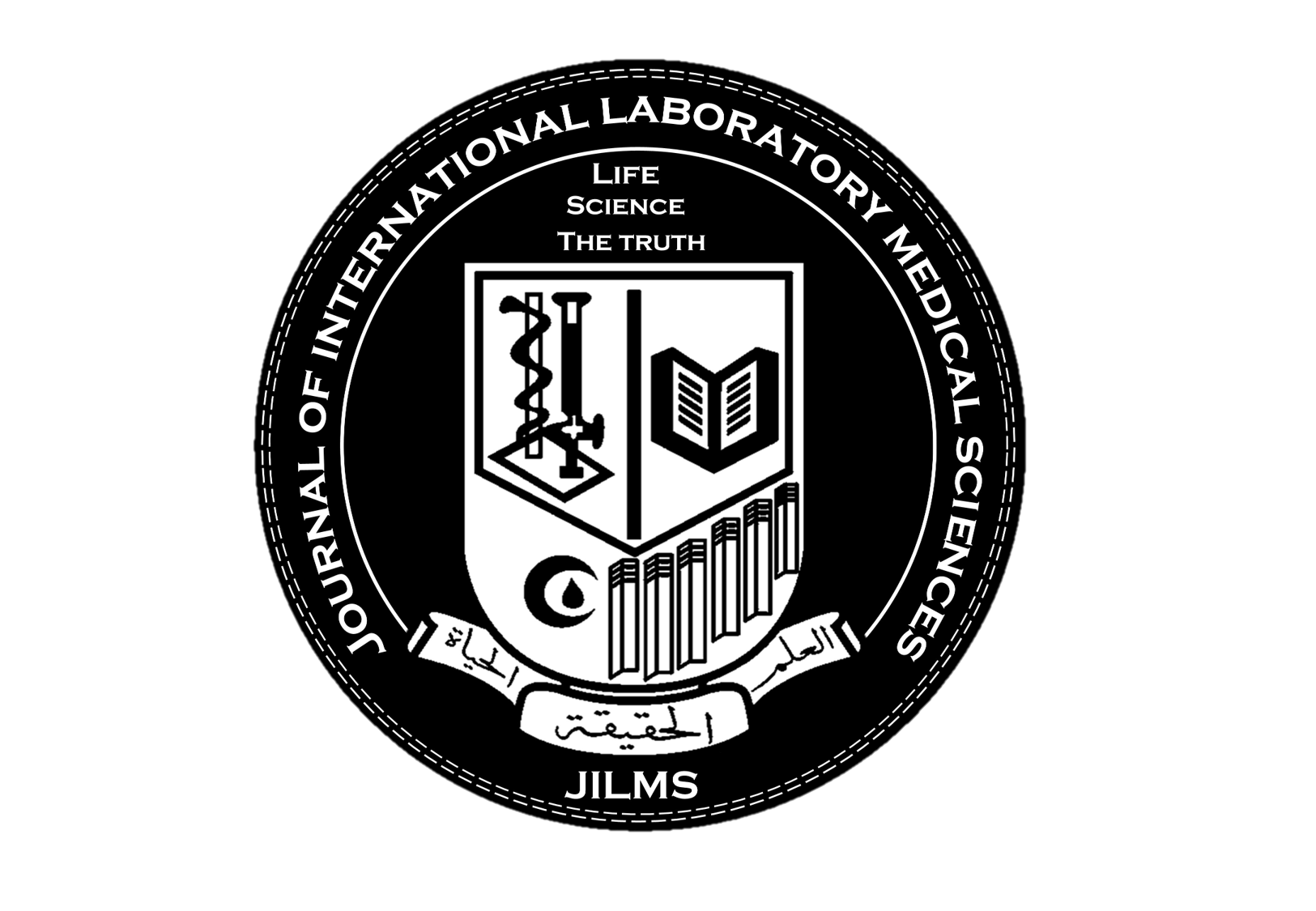Initial Evaluation and Decision
To ensure compliance with the journal’s ethical policies, manuscript formatting guidelines, and publication scope, all submitted manuscripts will be initially evaluated by the Editor-in-Chief and Editorial Manager of JIMDS. Submissions that do not meet the manuscript formatting requirements will be sent back to the author(s) for revision and resubmission within one week. Submissions that do not conform to the ethical policies and scope of the journal will be rejected by the Editor-in-Chief without any further peer review. Turnitin will be used to check for plagiarism if a submission meets the journal’s standards. Peer review will be considered for submissions with an originality score below 20%. Otherwise, it will be rejected and returned to the author(s) for revision due to the presence of plagiarized content.
Peer Review
In the JILMS, authors and reviewers are unaware of each other’s identities and affiliations during the double-blind peer review process. Once the initial screening is complete, the manuscript will be assigned to a section editor who will evaluate its scientific eligibility and recommend potential reviewers who have expertise in the article’s area of focus to the Editor-in-Chief. Two independent reviewers, chosen by the Editor-in-Chief or suggested by the author(s), will be assigned to the manuscript. The review invitation will be accepted or rejected by the assigned reviewers based on the manuscript’s title and abstract. The reviewers will assess the manuscript and provide their feedback and recommendations to the Editor-in-Chief within one to two weeks, indicating one of four possible actions:
Acceptance, acceptance with minor revisions, acceptance with major revisions, or rejection.
If there is a significant discrepancy between the reviewers’ recommendations, the Editor-in-Chief will ask a third reviewer to determine whether the manuscript should be accepted, revised, or rejected. The review process’s initial phase should be finished in 5-6 weeks, with a maximum period of three months. The reviewer’s comments will be received by the corresponding author(s) and the revised manuscript should be submitted to the editorial board within two weeks if necessary. If this deadline is not met, the manuscript will be withdrawn, but an extension can be requested before the revision due date. The author(s) who are responding to the reviewer’s comments should respond point-by-point and clearly address any disagreements with the suggestions. To make sure the revisions are in line with the reviewers’ recommendations, the Editor-in-Chief will review the revised manuscript.
Final Decision
The Editor-in-Chief will make a final decision that will be one of the following after examining all reviewer comments:
Publishing Decision
If the Editor-in-Chief recommends 'publish,' the manuscript will be accepted for publication.
Accept with Minor Revisions
If the Editor-in-Chief recommends 'Accept with Minor Revisions,' the authors will be notified to prepare and submit a final copy of their manuscript with the required minor changes suggested by the reviewers. The revised manuscript is only reviewed by the Editor-in-Chief after the authors have made minor changes. Once the Editor-in-Chief is satisfied with the final manuscript, it can be accepted.
Major Revisions Required
If major revisions are required, the submitted manuscript must undergo further review by the author(s) after revision before being considered for publication. Within two weeks, the author(s) will be asked to resubmit the revision and it will be sent back to the same reviewers. After receiving the revised manuscript, the Editor-in-Chief can recommend either 'Publish', 'Accept with Minor Revisions', or 'Reject'.
Reject
If the Editor-in-Chief recommends rejecting the manuscript, the rejection will be immediate. If two reviewers recommend rejecting the manuscript, it will be rejected immediately. The editors have the power to reject any manuscript for any reason, including inappropriateness, lack of originality, incorrect results, and lack of expansion of current knowledge.
Authors' appeals and publication
If a submitted manuscript is rejected, the corresponding author(s) will be notified of the reason(s) for the rejection by the Editor-in-Chief. The Editor-in-Chief can be contacted via email to appeal the rejection decision. A comprehensive justification, including point-by-point responses to the reviewers or editors, must be provided by the author(s) in the appeal. After reviewing and discussing the appeal with the journal editors, the Editor-in-Chief will give a consultative recommendation on the manuscript. The recommendation can be either acceptance, further peer-review, or keeping the original rejection decision. It’s important to keep in mind that a rejection decision is final and cannot be reversed.
When the editor-in-chief accepts a manuscript, they will send an acceptance letter to the corresponding author(s) along with the publication fees. The manuscript will be edited and designed before being sent to the publisher for publication.
